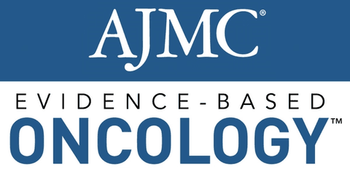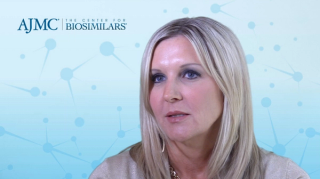
Biosimilars
Latest News
Latest Videos

More News

The Mark Cuban Cost Plus Drug Company, an online pharmacy dedicated to increasing access to lower-cost prescriptions, is partnering with Coherus Biosciences to distribute Yusimry, a biosimilar referencing Humira. It’s the first time the pharmacy has added a biosimilar to its list of drugs.

When multiple trastuzumab biosimilars entered the US market in quick succession, they were able to do something other biosimilars have not in the United States: drive down the cost of the originator biologic.

Abstracts presented at EULAR 2023 highlighted the impact that a mandatory switching policy had on biosimilar uptake in British Columbia, Canada, and the lack of uptake when no such policy was in place in the United States.

New research has found the 340B program is slowing uptake of biosimilars by incentivizing use of more expensive biologics.

The 2023 Asembia Specialty Pharmacy Summit took place in early May in Las Vegas, Nevada, and The American Journal of Managed Care® was there to cover the meeting—catch up on what you may have missed.
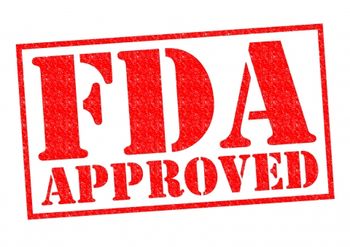
The FDA approved Celltrion Healthcare’s Yuflyma (adalimumab-aaty), which is a high-concentration, citrate-free formulation.

Previous studies have found modest uptake of biosimilars in both commercial and Medicare populations. This study finds that the uptake varies between the rural and urban provider settings.

Amneal Pharmaceuticals this week launched its pegfilgrastim biosimilar, Fylnetra (pegfilgrastim-pbbk), for the treatment and prevention of febrile neutropenia, making it the sixth biosimilar referencing Neulasta to enter the US market.

At the Pharmacy Quality Alliance (PQA) 2023 Annual Meeting, a patient joined a panel to give insight into the challenges of living with a chronic illness and what he sees as the pros and cons of the Inflation Reduction Act (IRA).

The results indicate that the program could play a role in discouraging use of biosimilars in the United States.

A review article investigating the use of bevacizumab biosimilars found that despite lingering concerns about their usage for extrapolated indications, bevacizumab biosimilars are regularly used in metastatic colorectal cancer (mCRC) even though clinical tests only evaluate them in patients with lung cancer.

These factors could provide a scientific basis for consistency evaluations of the quality and efficacy of insulin biosimilars, study authors wrote.

A study assessing factors that may determine a commercial health plan’s likelihood of covering a biosimilar found that biosimilars that are cancer therapies, used to treat children, indicated for highly prevalent conditions, or only competing against the originator were more likely to have coverage restrictions.

A new report from AHIP indicates that biosimilars have the potential to garner savings of $180 billion over 5 years, but there needs to be a review of the approval process for interchangeability to encourage more approvals.

With the global market for biologics estimated at $382 billion just last year, and a projected global drug spend of close to $1.5 trillion by 2027, the landscape is ripe for biosimilars to help decrease the health care system’s cost burden.

The province of Newfoundland and Labrador and the territory of Yukon both announced biosimilar switching policies, bringing Canada to a total of 10 out of 13 jurisdictions have a policy in place.

Two posters presented at the American Academy of Dermatology (AAD) annual meeting evaluated misconceptions and addressed concerns around the use of biosimilars in dermatology.

Both the high-concentration and low-concentration versions of adalimumab-adaz (Hyrimoz) injection will launch in July, along with a wave of other biosimilars to Humira (reference adalimumab).

Biosimilars may not be perfect, but they are, at the very minimum, helping to make cancer therapies a little bit more accessible, said Andre D. Harvin, PharmD, MS, executive director of pharmacy, oncology, Cone Health.

With the rapid decline in average sales price of reference pegfilgrastim products due to biosimilar competition, health care institutions and payers may grapple with coverage of Neulasta Onpro.

A new resource from the National Alliance of Healthcare Purchaser Coalitions aims to help plan sponsors adopt biosimilars into their pharmacy benefit plans.
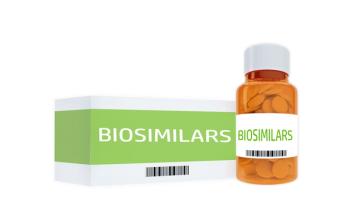
The new recommendations from the World Health Organization (WHO) urge viewing the totality of evidence when evaluating biosimilar products.
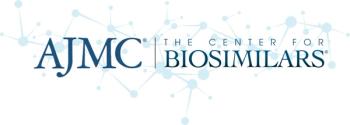
A roundup of the latest biosimilar news from The Center for Biosimilars®.
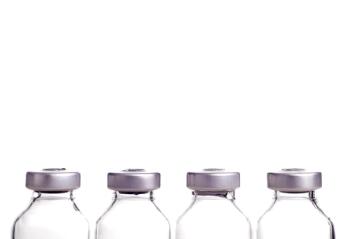
A Cardinal Health report reviewed the potential impact biosimilars will have in rheumatology, gastroenterology, dermatology, and ophthalmology.
